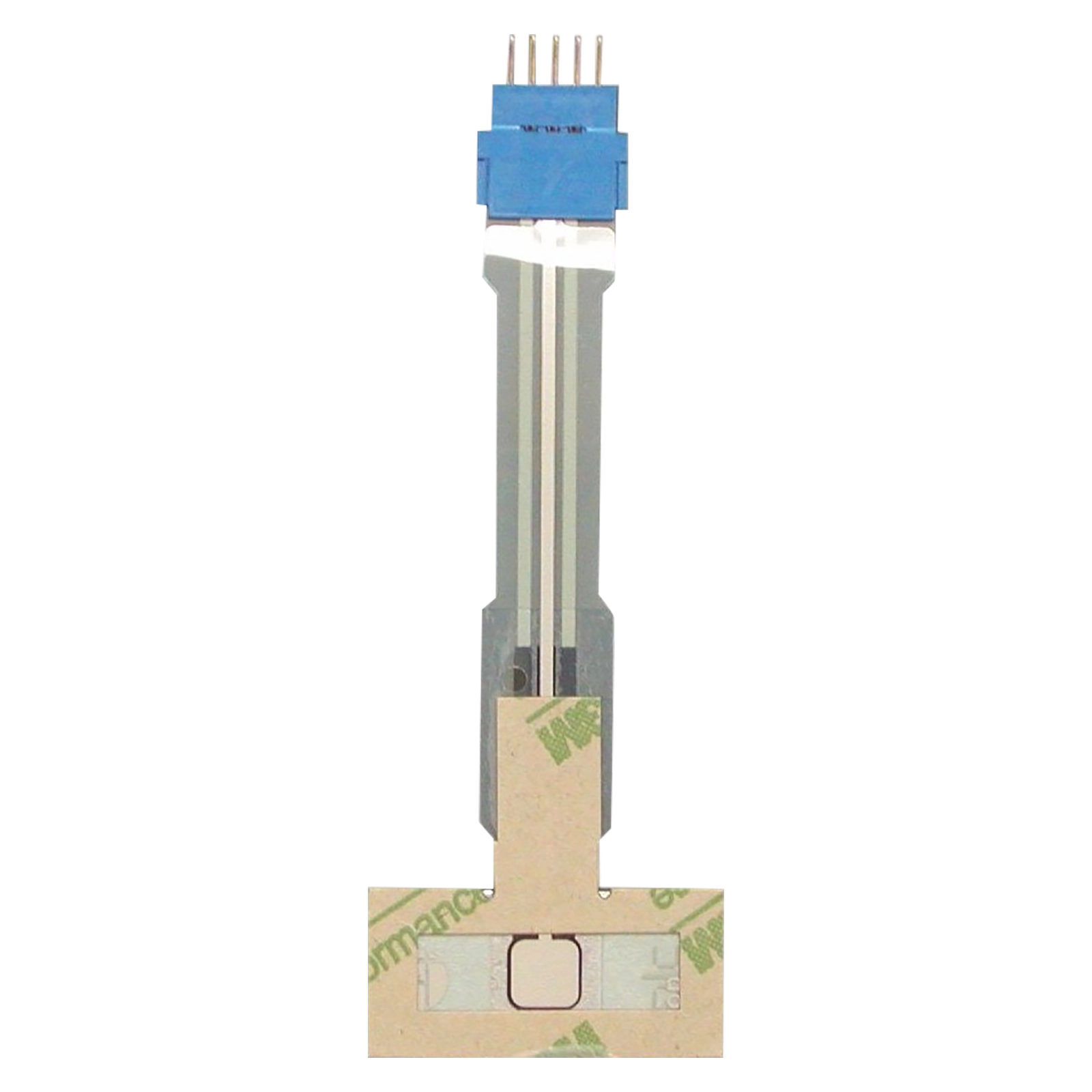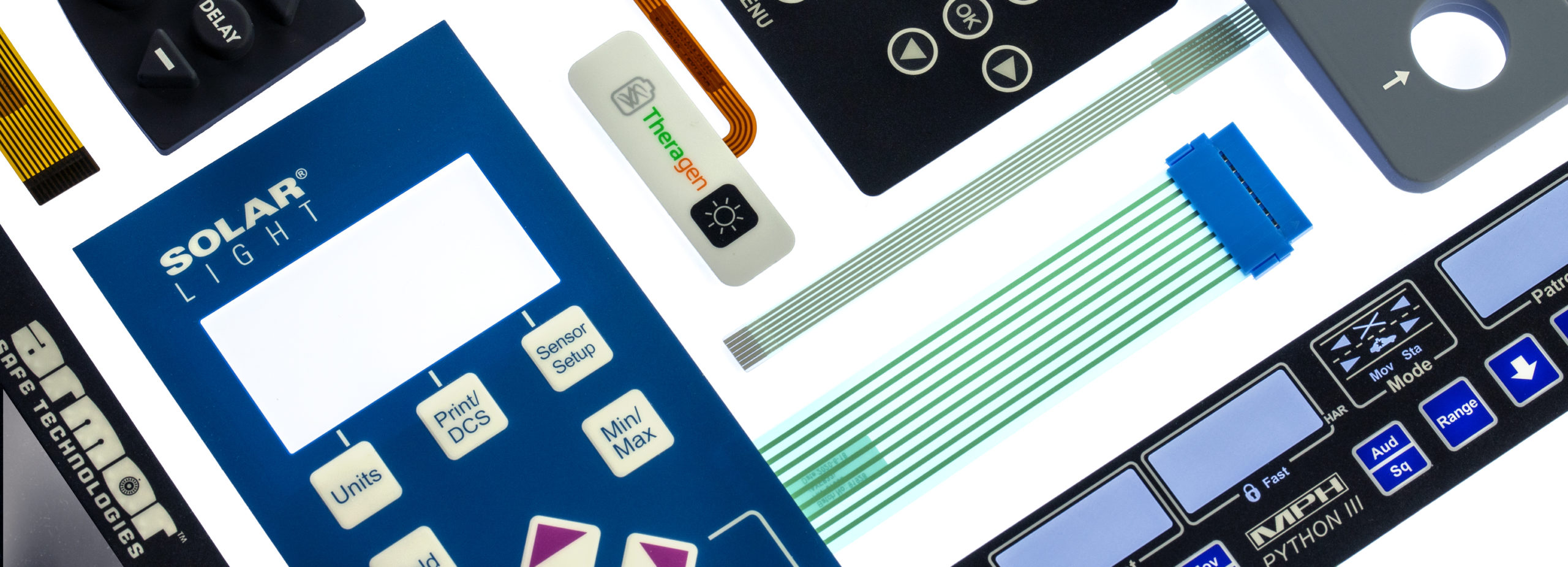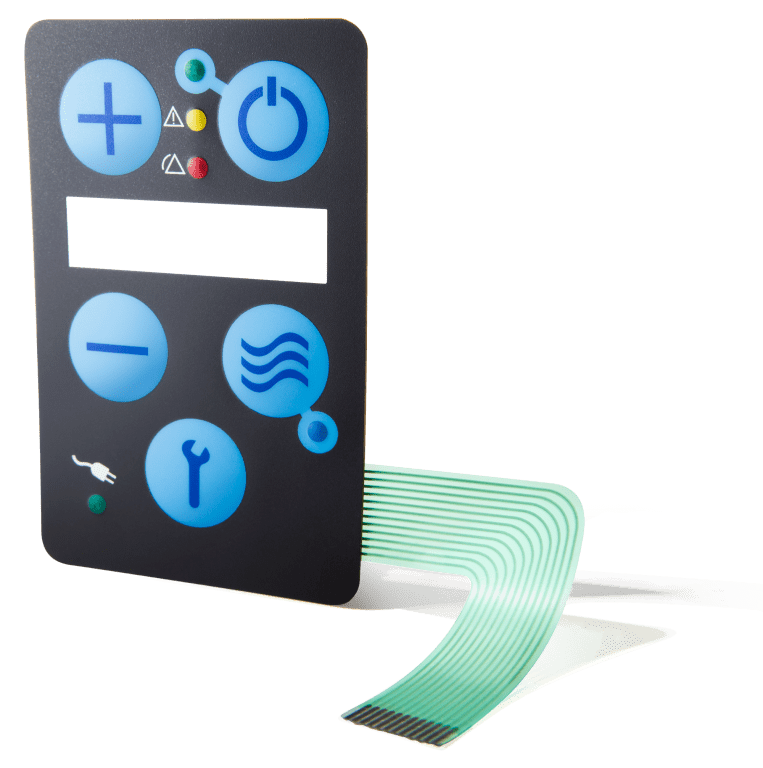How Membrane Switch Innovation Is Transforming Modern User Interfaces
How Membrane Switch Innovation Is Transforming Modern User Interfaces
Blog Article
Why Membrane Layer Switches Over Are Essential for Resilient Control Solution
Membrane buttons play a crucial role in ensuring the sturdiness and dependability of control systems throughout numerous markets. As we check out the multifaceted advantages of membrane buttons, it becomes evident that their value goes beyond simple functionality, influencing customer experience and functional efficiency.
Summary of Membrane Layer Switches
Membrane layer switches are flexible and reliable components commonly made use of in various digital control systems. The visuals overlay offers both useful and aesthetic design, while the spacer layer makes certain that the switches are turned on just when pushed.
Membrane switches are commonly preferred in applications requiring a small and light-weight design, making them excellent for portable tools, clinical devices, and industrial machinery. They can be tailored to satisfy details customer needs and can include different features such as backlighting, responsive comments, and multiple colors. Membrane switches are resistant to dust, wetness, and pollutants, making them appropriate for settings where longevity is important.
Advantages of Sturdiness
In lots of applications, the longevity of membrane layer changes deals substantial benefits that boost their overall performance and integrity. These buttons are designed to withstand harsh environments, making them perfect for use popular problems such as high moisture, severe temperature levels, and direct exposure to chemicals. Their robust building assists to avoid damage from physical impact, ensuring long-lasting functionality and minimizing the requirement for regular replacements.
Additionally, membrane buttons are immune to put on and tear, which is critical in applications where constant communication happens. This toughness equates to reduce maintenance prices, as companies gain from reduced downtime and less solution disruptions. The encapsulated style of membrane switches over secures internal parts from dust and moisture access, additional contributing to their life-span (membrane switch).
One more advantage is their capability to maintain regular performance with time. With a high tolerance for mechanical stress, these buttons preserve their responsive feedback and electrical stability, ensuring customer fulfillment. Ultimately, the longevity of membrane switches over not only improves operational effectiveness but also promotes self-confidence in their dependability, making them a recommended choice for control systems throughout various markets.
Applications in Various Industries
Resilient control systems using membrane buttons locate comprehensive applications throughout an array of markets, each gaining from the unique qualities these buttons offer. In the medical field, membrane switches are essential for devices such as client displays and analysis equipment, where dependability and convenience of cleaning are vital. Their resistance to dampness and contaminants ensures they preserve performance in sterilized settings.
The automobile sector leverages membrane switches for control panel controls and infomercial systems, where they supply streamlined, low-profile interfaces that boost user experience. These switches are also developed to endure extreme problems, consisting of direct exposure to severe temperature levels and vibrations.
In commercial settings, membrane buttons are commonly used in machinery control panels, providing tactile comments and toughness essential for high-usage applications. Their capacity to resist chemicals makes them appropriate for producing atmospheres where spills and pollutants are regular.

Consumer electronic devices, such as cooking area devices and push-button controls, likewise utilize membrane buttons for their adaptability and cost-effectiveness. In general, the adaptability and durable nature of membrane switches over make them vital throughout various industries, making sure efficient procedure and longevity in control systems.
Layout and Visual Allure
While performance is extremely important, the style and visual charm of control systems furnished with membrane layer buttons play a critical duty in customer interaction and general experience (membrane switch). The visual design of these buttons can substantially affect individual perception and interaction. A well-designed membrane switch boosts the good looks of the tool, making it a lot more attractive to users and promoting a connection in between the user and the product
Membrane layer changes offer a large amount of flexibility in style, allowing makers to customize graphics, shades, and textures to line up with brand identity and item looks. Using vivid colors and unique patterns can draw interest, while responsive feedback can strengthen the Continued customer's interaction with the tool. Additionally, the capability to incorporate LED indicators and backlighting right into the membrane layer button design offers both practical and aesthetic benefits, boosting exposure and functionality in numerous atmospheres.

Enhancing Individual Experience

Additionally, membrane layer buttons can be tailored to include visual user interfaces, boosting use by presenting information in a clear and intuitive manner (membrane switch). This customization can include icons, labels, and color coding that overview customers via facility capabilities with convenience. In addition, their adaptability enables combination in different environments, ensuring view it consistent performance whether in industrial machinery or customer electronic devices
The durability of membrane layer switches also plays an important function in individual experience. By enduring severe conditions and expanded usage, these switches decrease the likelihood of system failings, hence advertising integrity and individual confidence. Inevitably, the critical use membrane switches not just raises performance but additionally substantially enhances user communication with control systems, making them a vital element in modern layout.
Final Thought

Report this page